China is talking about injecting itself militarily to help the Bashar al-Assad regime in Syria.
In 2013, with the Syrian Civil War having raged for two years costing an estimated 200,000 lives, Syria’s Deputy Prime Minister Qadri Jamil said that China, Russia and Iran had been helping Syria “politically, militarily” and “economically.”
Deputy PM Jamil’s statement came as no surprise. Syria has been a long-standing ally to Russia and China since the Cold War. China has also in the last two decades been making significant inroads in strengthening Beijing’s position in the Middle East. Its efforts have been particularly successful within the fringe governments of Damascus and Tehran.
Despite this, it did surprise the world when the Chinese special envoy and ambassador to Syria, Qi Qianjin, stated that China is willing to participate in helping Assad reclaim Syria. In an August 5th statement to the Damascus-government aligned newspaper al Watan, Qi said that China is ready to assist the Assad government “in some way” in the offensive on “terrorist strongholds” such as Idlib.
When the ambassador was asked if China is willing to participate in upcoming battles directly, Qi responded that after the recent battlefield successes, the Chinese military “is willing to participate in any way,” “side by side with the” [Syrian Arab] Army (SAA).
Wong Rui Chang, the military attaché at the Chinese embassy in Damascus, had stated a few days earlier that while there is ongoing military cooperation between China and Syria, at present there are no military advisers or special operatives on the ground in Syria.
However, Wong did say that China and the Chinese armed forces are looking for ways to expand their cooperation with the Syrian military.
![Image [Chinese Foreign Minister Wang Yi (R) holds talks with Syrian deputy prime minister and foreign minister Walid al-Moallem in Beijing, capital of China, Dec. 24, 2015 (Xinhua / Ding Haitao)]](https://limacharlienews.com/wp-content/uploads/2018/08/Syria-China-foreign-ministers.jpg)
Enemy of my enemy
In the past, China has supported the Syrian central government as they have mutual enemies within certain Jihadist-Salafist militant groups. Chiefly, the Chinese concern has been with the al Qaeda affiliated group known as the Turkistan Islamic Party (TIP), also known as the Eastern Turkestan Islamic Movement (ETIM), which has had an increasing presence in Syria as a result of the Civil War.
TIP is part of the Syrian Hayat Tahrir al Sham (HTS), previously referred to as al Nusra, umbrella organisation. Originally TIP functioned as a logistical organisation for HTS and its operations inside Syria, funneling fighters and equipment to the area. In recent years, TIP has taken a more active role, deploying an increasing number of its own fighters to Syria.
As such, TIP was part of the push by HST to capture the city of Idlib, and to seek control over the governorate in January 2017. Since then, TIP and HST have both used Idlib as their operational headquarters.
TIP is an extremist Jihadi-Salafist representation of the Sunni Muslim Turkic-Uyghurs ethnic minority which originates from East and Central Asia. The Uyghur have historically resided in the so-called Turkestan (meaning “Land of Turks” in Persian) region, which encompasses vast areas of China, Mongolia, Russia (Tatarstan and minor areas of Siberia), as well as Kazakhstan, Turkmenistan, Tajikistan, Uzbekistan, Kyrgyzstan and Afghanistan. The majority of the ethnic group, an estimated 11 to 15 million, is situated inside the Chinese province known as the Xinjiang Uyghur Autonomous Region and the neighbouring disputed area known as Tibet. The Chinese government has on many occasions been accused of oppressing the Uyghur ethnic and religious minority.
The group is by the Beijing government considered one of the more prevailing Islamic threats inside its own borders. TIP seeks to unseat China from the so-called “Chinese Turkestan” areas, i.e. the Xinjiang province, to create its own sovereign state under the rule of Uyghur jihadists.
To accomplish their objective, the group has carried out a series of terror operations, with varying degrees of success inside China.
During the Chinese hosted 2008 Summer Olympics, TIP was considered one of the premier threats. TIP primarily operates out of the security void found in the south-eastern areas of Afghanistan, which borders Xinjiang. This is the same area of Afghanistan, by some referred to as a mineral treasure trove, that China has invested heavily in to build pipeline capabilities through, as well as to mine for valuable minerals. The group is considered a terrorist group by the European Union (EU) as well as the United States and has been involved in the Syrian Civil War since the initial days.
The degree of assistance that China is actually willing to deploy to Syria remains undefined for the time being. It is unlikely that the Assad government would ask China to directly participate in a military offensive on remaining rebel enclaves, as it could only have a negative impact on the alliance. Instead, this stands as an Eastern-culture traditional show of support that holds greater symbolic value than material value. Instead, any support given at this point will likely come in the shape of a handful of military advisers, in addition to renewed and further extended credit lines for military equipment and political capital.
Political capital might be the most precious commodity that Beijing can furnish Damascus with, as it will not only further legitimise the Assad government to a significant portion of the world, but provide protection from any form of coordinated international community attempts to unseat Assad.
China and Russia have continued to use their seats on the United Nations Security Council (UNSC) to veto any resolutions or repel other joint efforts that could undermine the Damascus government’s efforts to retake control over the entirety of Syria, or damage the re-legitimisation efforts being made on behalf of al-Assad.
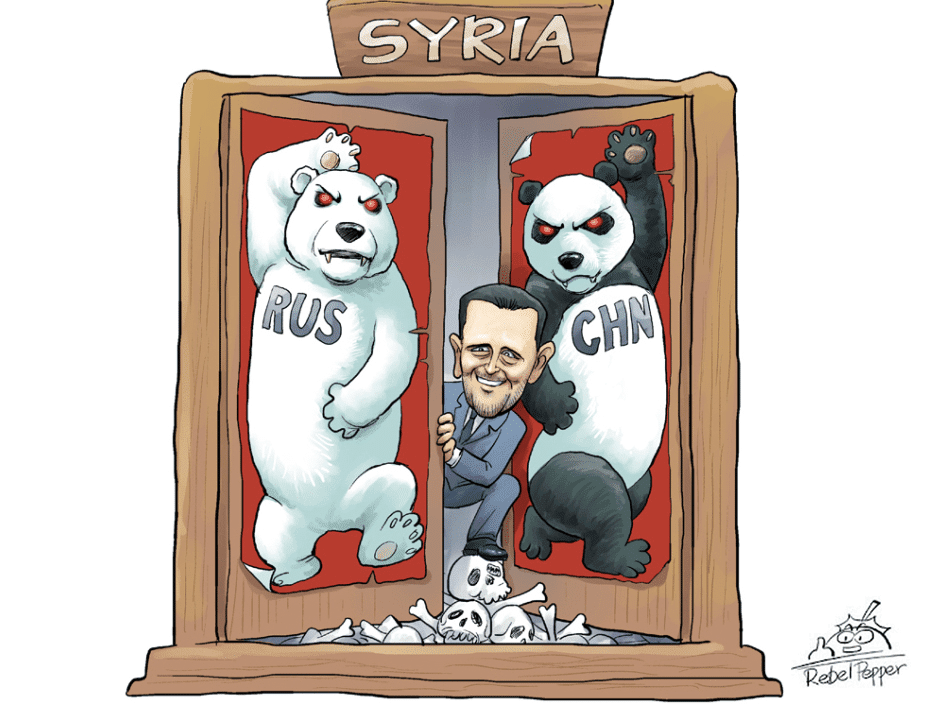
On paper, these deals are usually structured as soft-loans, but in reality, they represent stages of soft-influence investments by China, where China seeks to keep the nation in continued and long-term debt. This is mostly standard operating procedure by modern-day empires, from East to West, where traditional imperialism is no longer an acceptable political course.
Deals of this nature are extensively used to not just directly influence impoverished nations, but to create long-term dependency on provided infrastructures, and to use their international community voting power as a proxy for particular interests. As the Western powers have in recent years chosen to retreat away from the developing world, avoiding doing business with nations of immoral or amoral standings, the void left has come to be filled by Russia and China.
No doubt China is finding the situation ideal for its ambitions in the Middle East, as it can yet again invest somewhat minutely in an exposed state in a short-term fashion, but gain long-term benefits. This is similar to what China has done throughout Africa in such countries as Nigeria, Eritrea, Somalia, Libya and Egypt.
Lima Charlie News reached out to the Syrian and Chinese Embassies in Amman, Jordan, and Beirut, Lebanon, but was unable to secure any comment on these developments. The Chinese Embassy in Damascus, Syria, responded by stating that they have no comments on their “advancing relationship with Syria at present.”
John Sjoholm, Lima Charlie News
[Edited by Anthony A. LoPresti]
John Sjoholm is Lima Charlie’s Middle East Bureau Chief, Managing Editor, and founder of the consulting firm Erudite Group. A seasoned expert on Middle East and North Africa matters, he has a background in security contracting and has served as a geopolitical advisor to regional leaders. He was educated in religion and languages in Sana’a, Yemen, and Cairo, Egypt, and has lived in the region since 2005, contributing to numerous Western-supported stabilisation projects. He currently resides in Jordan. Follow John on Twitter @JohnSjoholmLC
Lima Charlie provides global news, featuring insight & analysis by military veterans and service members Worldwide.
For up-to-date news, please follow us on twitter at @LimaCharlieNews
In case you missed it:

![Image Beijing to the rescue - China considers military intervention in Syria [Lima Charlie News]](https://limacharlienews.com/wp-content/uploads/2018/08/Beijing-to-the-rescue-China-considers-military-intervention-in-Syria.jpg)
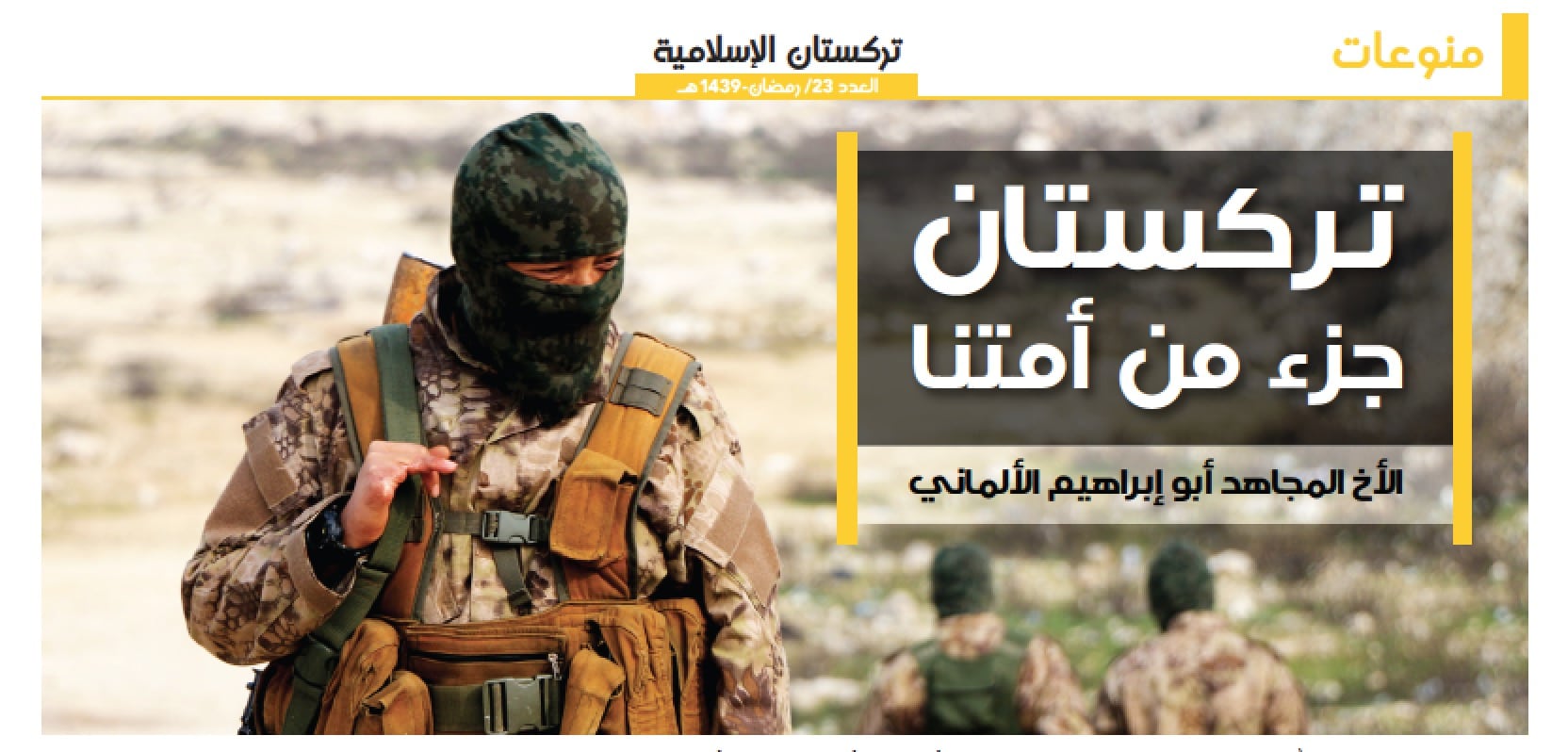
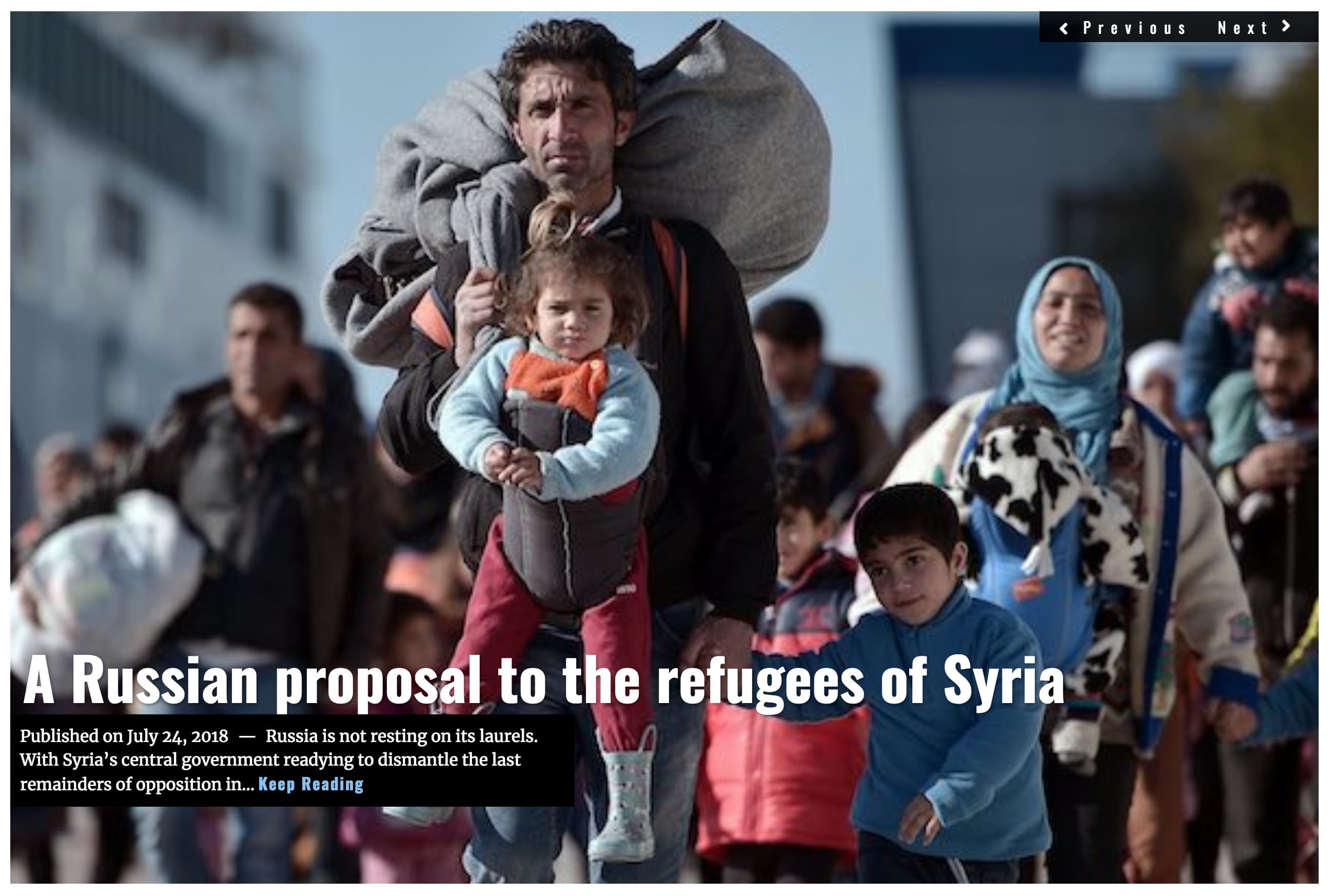
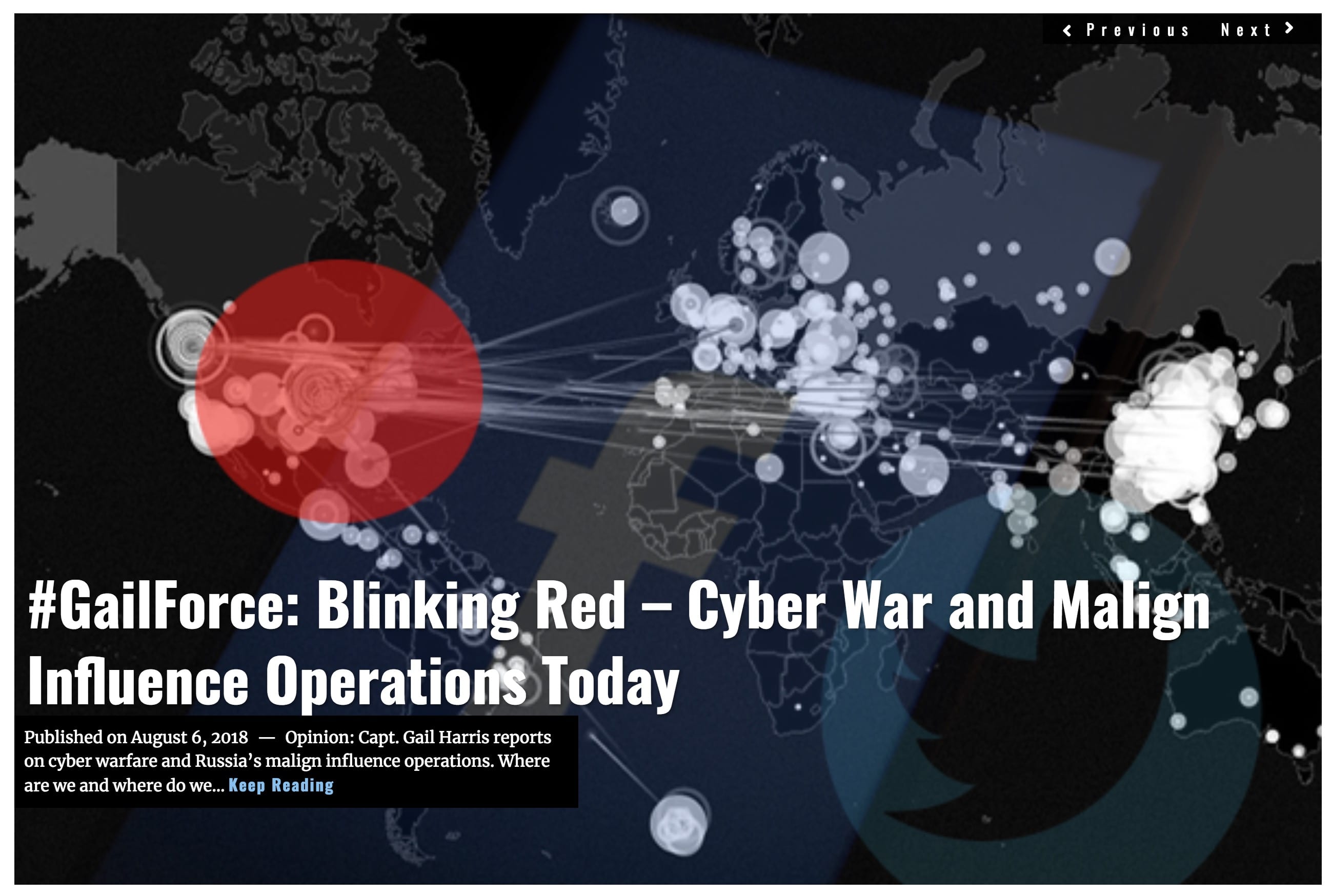
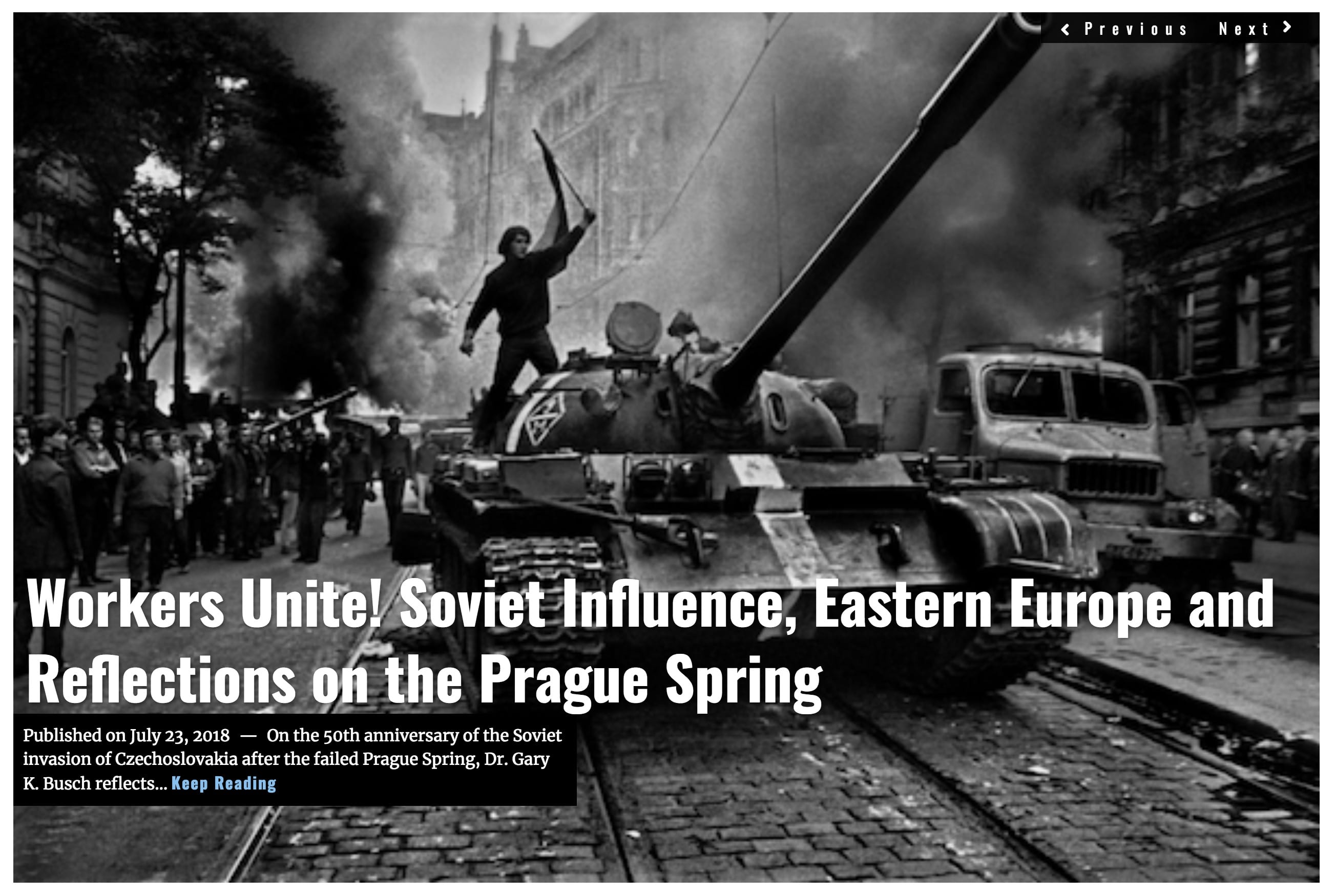

![Image Opinion | America’s Upside Down Foreign Policy [Lima Charlie News][Photo: Jonathan Ernst/Reuters]](https://limacharlienews.com/wp-content/uploads/2018/06/Opinion-America’s-Upside-Down-Foreign-Policy-480x384.jpg)
![Image New photos support evidence of China's militarization of South China Sea [Image: REUTERS/Joe Chan]](https://limacharlienews.com/wp-content/uploads/2018/02/New-photos-support-evidence-of-Chinas-militarization-of-South-China-Sea-480x384.jpg)


![Blossoming Russo-Turkish alliance leaves U.S., NATO behind [Lima Charlie News]](https://limacharlienews.com/wp-content/uploads/2019/07/Russia-Turkey-alliance-leaves-U.S.-NATO-behind-480x384.png)

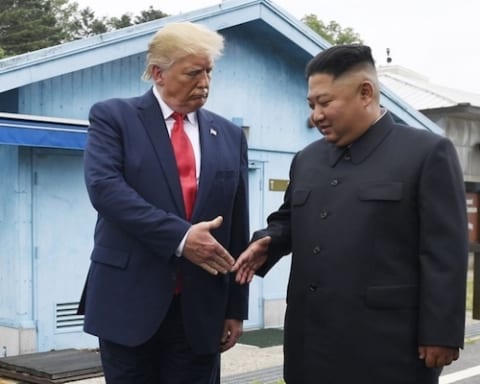

![Image Opinion | America’s Upside Down Foreign Policy [Lima Charlie News][Photo: Jonathan Ernst/Reuters]](https://limacharlienews.com/wp-content/uploads/2018/06/Opinion-America’s-Upside-Down-Foreign-Policy-150x100.jpg)